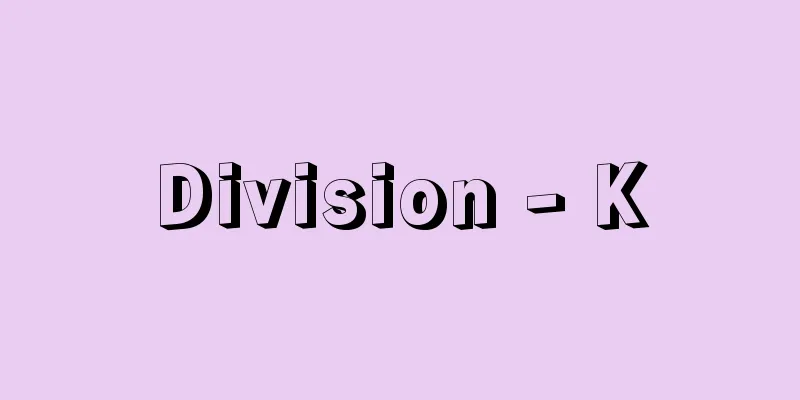Proxemics

|
A field of cultural anthropology that studies the way in which each culture perceives space through its expressions in daily behavior, living space, art, literature, etc. Each culture consciously or unconsciously forms its own unique cognitive framework for the spatial relationships between people, people and objects, and objects and objects. This field of research seeks to clarify this type of cognitive framework in individual cultures and also to examine them from a comparative cultural perspective, and originated from the research of the American cultural anthropologist E. T. Hall in the 1950s. Source: Heibonsha World Encyclopedia, 2nd Edition Information |
|
文化人類学の一分野で,それぞれの文化における空間認識のあり方を,日常行動,居住空間,美術,文学などのうちに表現されたものを通して研究する。各文化は人対人,人対物,物対物の空間的関係について,意識的・無意識的に独自の認識枠組みを形成している。この研究分野は,個別文化におけるこの種の認識枠組みを明らかにするとともに,それらに比較文化論的検討をも加えようとするもので,アメリカの文化人類学者ホールE.T.Hallの1950年代の研究に端を発する。
出典 株式会社平凡社世界大百科事典 第2版について 情報 |
>>: Blok (English spelling) Александр Александрович Блок/Aleksandr Aleksandrovich Blok
Recommend
Polyphemos
In Greek mythology, she was a sea nymph and one o...
Synapse - Shinapusu (English spelling) synapse
In medicine and biology, the synapse is the junct...
Nobumi Ito
1885-1960 A diplomat from the Taisho to early Sho...
advalorem duty (English)
…The tax rate actually levied is called the “effe...
Fishery workers - gyogyoushuugyosha
...However, fishing households are prevented from...
Chemical industry
An industry in which chemical reactions are used ...
Warship - Gunkan (English spelling)
Generally, a specialized ship maintained for the ...
label
French composer. Born in Ciboure in the Basque Cou...
Zorn, MA (English spelling) ZornMA
...That is, for each ordinal number α, we can ass...
Flatworms - Flatworms
A group of animals that make up the Platyhelminth...
Kyoto magistrate - Kyoto Machibugyo
A title of a position in the Edo Shogunate. One o...
Athamās - Atamasu (English spelling)
Hero of Greek mythology. Son of Aeolus, god of wi...
Agebyōshi - Agebyōshi
A theoretical term in gagaku. In Komagaku, a rhyth...
Mr. Houshi
To expel a clan member from the clan to which he ...
Saisiyat
…Other languages (including the Ping Pu languag...









